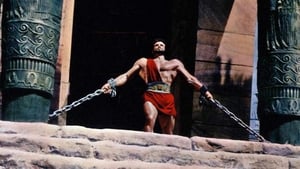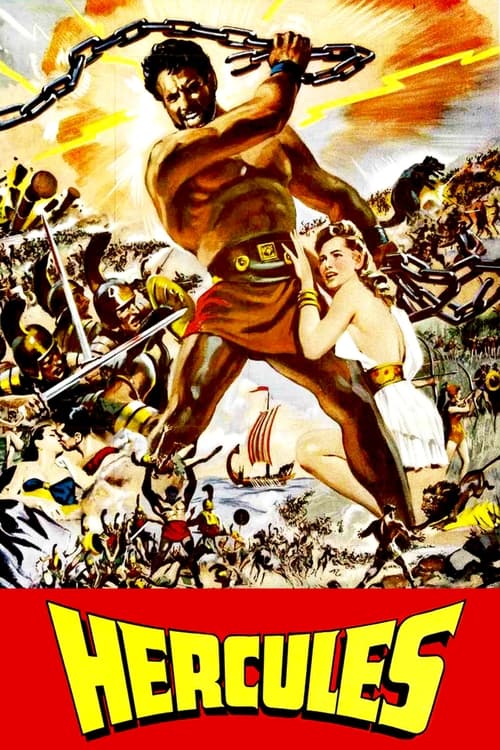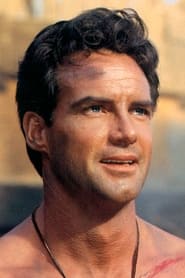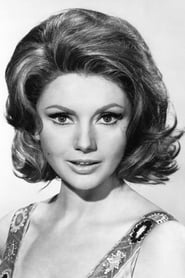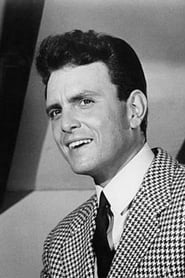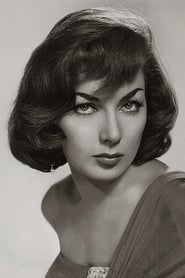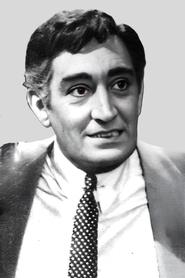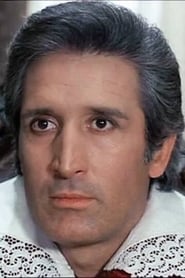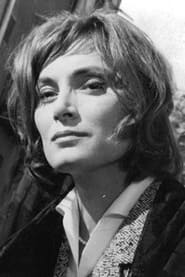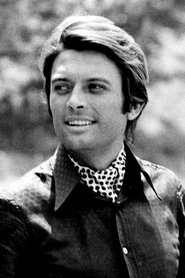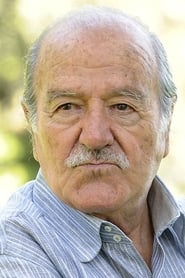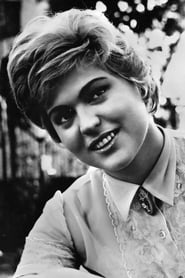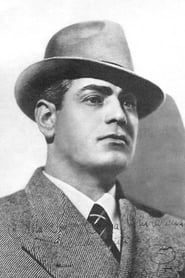Cast
View AllSteve Reeves
as Ercole (Hercules)
Sylva Koscina
as Iole, Daugher of Pelias
Fabrizio Mioni
as Jason
Gianna Maria Canale
as Antea, Queen of the Amazons
Arturo Dominici
as Eurysteus
Mimmo Palmara
as Iphitus, Son of Pelias
Lidia Alfonsi
as The Sybil
Gabriele Antonini
as Ulysses
Aldo Fiorelli
as Argos
Andrea Fantasia
as Laertes
Luciana Paluzzi
as Iole's Maid
Ivo Garrani
as Pelias, King of Iolcus
Gina Rovere
as amazzone
Lily Granado
as amazzone
Afro Poli
as Chironi
Crew
Director
- Pietro Francisci
Producer
- Federico Teti
Reviews
Wuchak
_**Hercules, the Mediterranean, Sylva Koscina, murder, seers, a lion, a bull, sailing and Amazons!**_
Hercules (Steve Reeves) travels to a kingdom on the coast of the Mediterranean, the Italian Peninsula, to assist a king in training his son to take over. He meets the lovely daughter of the monarch (Sylva Koscina), unravels a murder from years earlier, throws the discus, fights a lion & a bull, sails the seas in search of the priceless Golden Fleece and encounters the Amazons.
"Hercules" (1958) is an Italian sword & sandal flick in the mold of “Samson and Delilah” (1949) and “Ulysses” (1954). I prefer those two because the stories are more compelling. This one is a good introduction to the character, but the convoluted storyline is basically an excuse to thrust Hercules from one adventure to the next.
Californian muscleman Reeves plays the titular hero/god to perfection. He is most known for his Hercules role but interestingly only played the part twice, in this film and the superior sequel "Hercules Unchained" (1959). One good side-effect of watching Reeves is that it will likely inspire guys to get in shape (the way Stallone does when watching Rambo).
Sylva Koscina as Iole is cute in a statuesque way. She would only get more beautiful as she matured. See her, for instance, in “Hornets’ Nest” (1970). There are several other breathtaking women, like Gianna Maria Canale as Antea, Queen of the Amazons.
The film runs 1 hour, 47 minutes, and was shot at Titanus Studios, Rome, Lazio, Italy.
GRADE: B-
Aug 12, 2020
Thematic Analysis
Hercules represents a fascinating example of Fantasy/Adventure cinema, offering viewers a unique perspective on interpersonal relationships and emotional connections. The film's approach to its themes demonstrates a creative vision that distinguishes it within its genre.
Director Pietro Francisci brings their distinctive visual style to this film, continuing their exploration of themes seen in their previous works while adding new elements. Their approach to pacing and visual storytelling creates a viewing experience that rewards close attention.
Released in 1958, the film exists within a cultural context that now offers viewers historical perspective on the social issues of that era. Its reception demonstrates the diverse reactions to its artistic choices and its place in cinema history.
Did You Know?
- The production of Hercules took approximately 28 months from pre-production to final cut.
- The final cut of the film runs for 99 minutes, though the director's initial assembly was reportedly 148 minutes long.
- Several scenes were filmed in multiple locations to capture the perfect setting.
- The director insisted on using practical effects whenever possible, reserving CGI for only the most necessary scenes.
- The musical score contains over 39 unique compositions.
Historical Context
- In 1958, when this film was released:
- Television was becoming a dominant form of home entertainment.
- The Cold War was intensifying, influencing global politics and culture.
- The film industry was dominated by major studios, with independent cinema still in its early development.
How This Film Stands Out
While Hercules shares thematic elements with other films in its genre, it distinguishes itself through its unique approach to storytelling, visual style, and character development.
Unlike Ursus in the Land of Fire, which takes a more conventional approach to its subject matter, Hercules subverts genre expectations by exploring its themes with greater nuance.
While films like Kindar the Invulnerable and Orpheus explore similar territory, Hercules stands apart through its deeper exploration of its central themes and more complex characterization.
This film's unique contribution to cinema lies in its bold artistic choices and willingness to challenge viewer expectations, making it a valuable addition to its genre.
Details
- Release Date: February 20, 1958
- Runtime: 1h 39m
